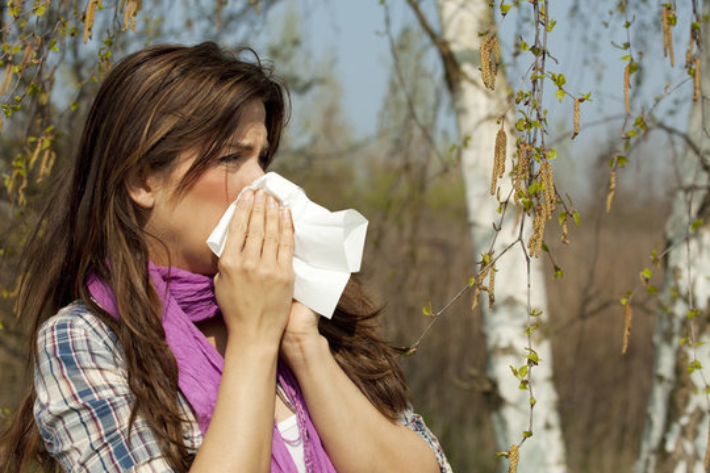New Year Sale upto 55% Off
Shopping Cart
Great medicine with best rxmedilife branded, 100% genuine pharmacy
New Year Sale upto 55% Off
Great medicine with best rxmedilife branded, 100% genuine pharmacy

Spring is in full swing birds are singing, flowers are blooming… and you’re sneezing. For millions of allergy sufferers, this season of renewal comes with itchy eyes, runny noses, and that all-too-familiar tickle in the throat. The good news? Relief is possible. Here’s your go-to guide for surviving allergy season with the most effective medications available today.
Seasonal allergies, or allergic rhinitis, are caused by your immune system reacting to airborne allergens like:
Pollen from trees, grasses, and weeds
Mold spores
Dust mites (yep, they're around all year, but worse with open windows)
Your body responds to these allergens by releasing histamines, which cause symptoms like sneezing, congestion, and itchy, watery eyes.
These block histamine, the chemical that causes allergy symptoms.
Cetirizine (Zyrtec) – Fast-acting, 24-hour relief
Loratadine (Claritin) – Non-drowsy, good for mild allergies
Fexofenadine (Allegra) – Non-sedating and strong against pollen
Diphenhydramine (Benadryl) – Effective but sedating; best for nighttime relief
Pro tip: Start taking antihistamines before peak allergy season to get ahead of symptoms.
These reduce inflammation directly in your nasal passages.
Fluticasone (Flonase)
Mometasone (Nasonex)
Budesonide (Rhinocort)
Use daily, not just when symptoms hit. It takes a few days to feel full relief.
These shrink swollen nasal tissues to open up airways.
Pseudoephedrine (Sudafed) – Behind-the-counter, strong and effective
Oxymetazoline (Afrin) – Nasal spray for instant relief, but don’t use more than 3 days!
Warning: Decongestants can raise blood pressure and cause jitters—check with your doctor first.
For red, itchy, watery eyes, allergy-specific eye drops are lifesavers.
Ketotifen (Zaditor, Alaway) – Over-the-counter, long-lasting
Olopatadine (Pataday) – Once-a-day relief with prescription strength
Store them in the fridge for an extra-soothing experience!

Tired of treating symptoms every year? Immunotherapy trains your immune system to stop overreacting.
Allergy shots (in-office) or sublingual tablets (under your tongue at home)
Best for those with severe or year-round allergies
Takes time, but can reduce or even eliminate symptoms over a few years.
Keep windows closed during high pollen days
Change clothes after being outside
Use HEPA filters in your home
Shower before bed to rinse off allergens
Allergies don’t have to ruin your spring. With the right mix of prevention and proven medications, you can enjoy the season without the sneeze-fest. Always check with your healthcare provider before starting new treatments—especially if you’re on other medications or have underlying health conditions.